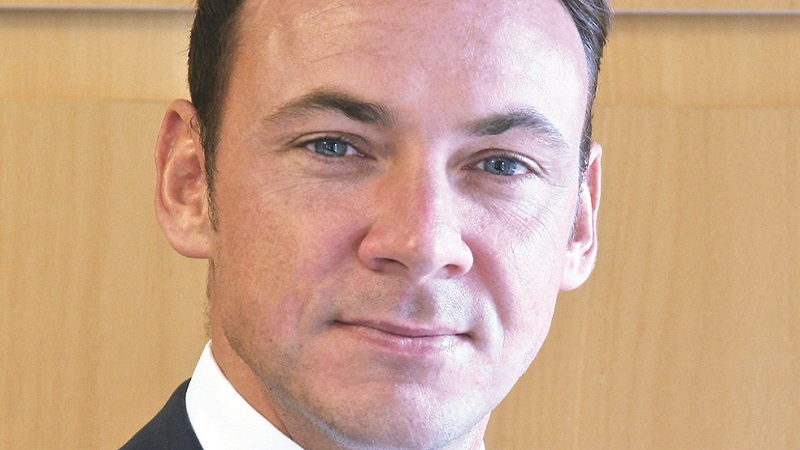AJ Bell is reducing the minimum recommended investment on its managed portfolio service now that Lyxor has done a stock split on an ETF in the portfolio that had a prohibitively high share price for smaller pots; however, the “clunky” workaround has highlighted how far behind the UK is on fractional trading.
The Lyxor Core FTSE Actuaries UK Gilt 0-5Y (DR) Ucits ETF has temporarily suspended trading as it splits each stock into five new shares firstly on the primary market on Wednesday and then on the secondary market on Thursday.
The price on the ETF on Wednesday was £92 meaning its price would reduce to around £18 after the stock split.
AJ Bell had pushed for the changes to the ETF, which sits in its MPS range across risk levels one to three and in its lowest risk portfolio in its income range, because it makes it easier for smaller pots to invest.
‘Clunky workaround’
But Gbi2 managing director Graham Bentley described the stock split as a clunky workaround stating highly-priced ETFs shouldn’t be a problem.
“The technology is available to allow fractional trading in any ETFs – it’s been that way in the US for years, and the UK is miles behind,” he said, pointing out some platforms, such as Old Mutual Wealth, don’t even offer ETFs.
“Winterflood have been offering fractional trading for three years, and Novia since 2017 using the Winterflood service, which allows trading in 1/10,000th of a share.” Fractional trading aided investors making small regular savings and young people who had less to invest, he said.
AJ Bell should be offering fractional trading, but seem unmotivated to do so, Bentley added.
AJ Bell lobbied for stock split
Chief investment officer Kevin Doran (pictured) said: “This is a change we have been lobbying for and is a good example of an ETF provider evolving their products to make them easier to use in the retail market. The stock split lowers the price of each unit in the ETF making it much more accessible to retail investors.
“This in turn has enabled us to lower our recommended investment amount into our active MPS from £20,000 to £10,000 making it a feasible option for a wider segment of advised clients.”
The ETF represents the largest holding in AJ Bell’s lowest risk passive MPS at 19%, according to the June factsheet. It is also the largest holding in the lowest-risk passive MPS for income at 15%. The ETF also sits in two other lower risk portfolios within the MPS range albeit with smaller weightings.










